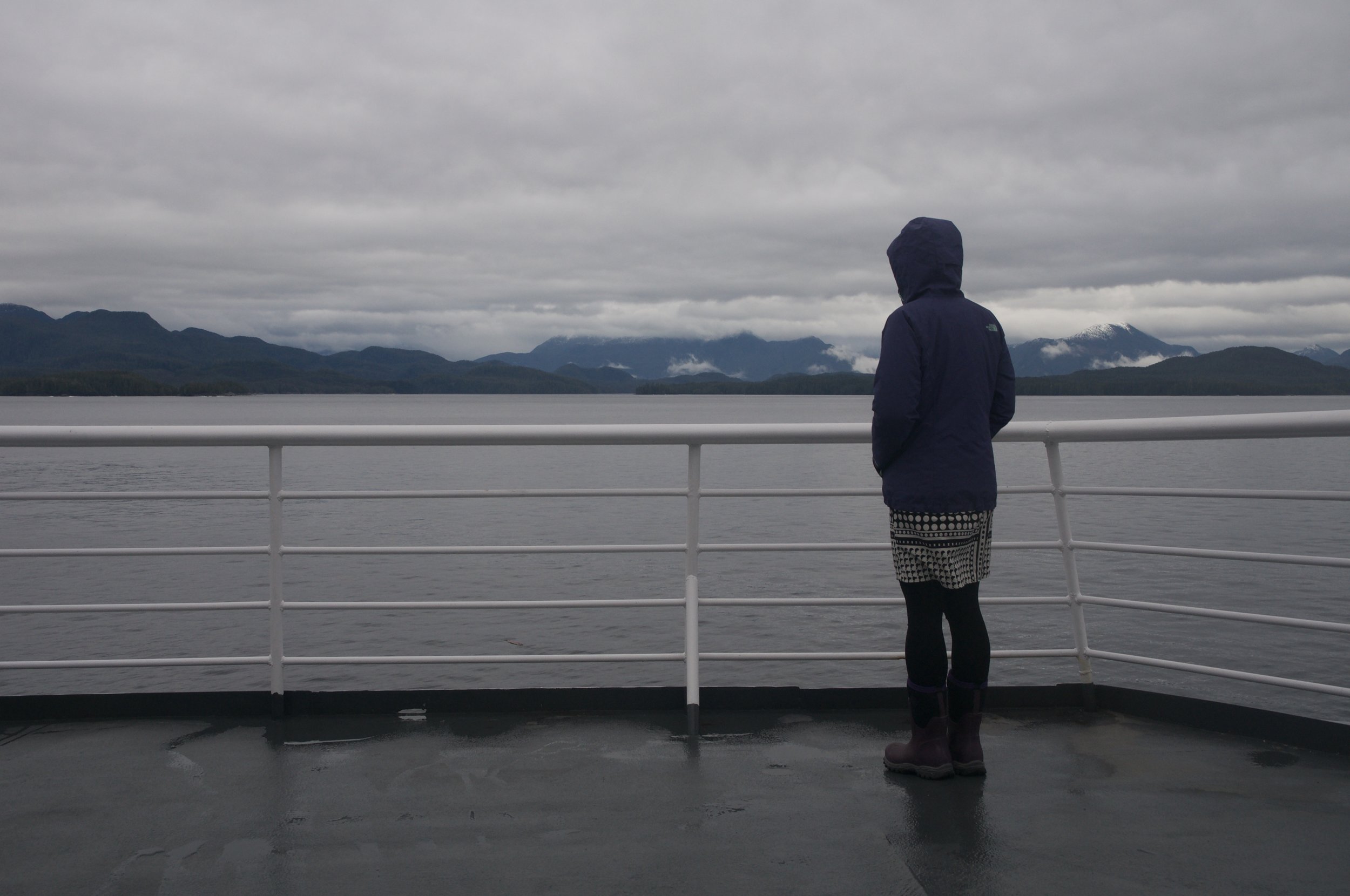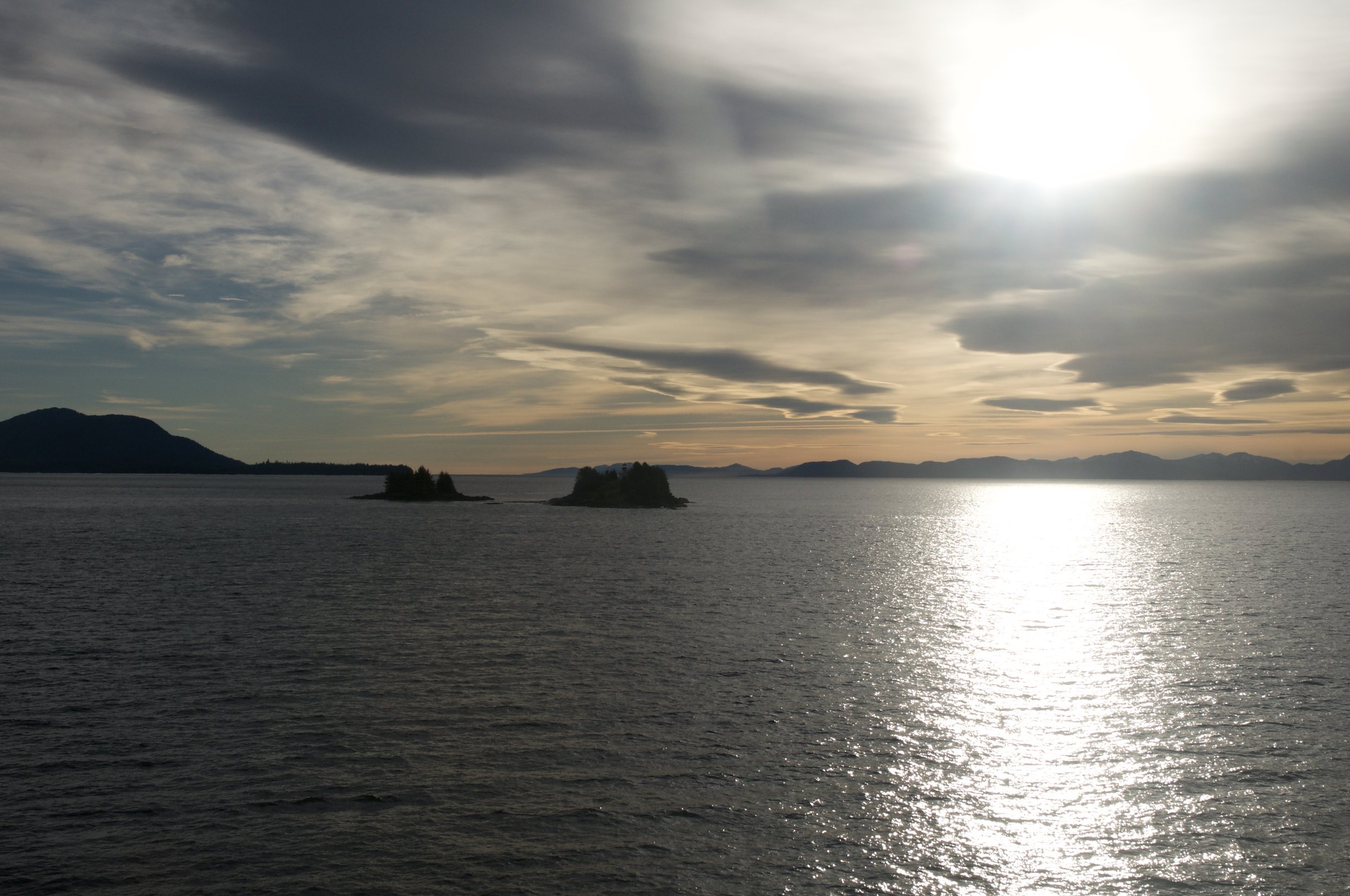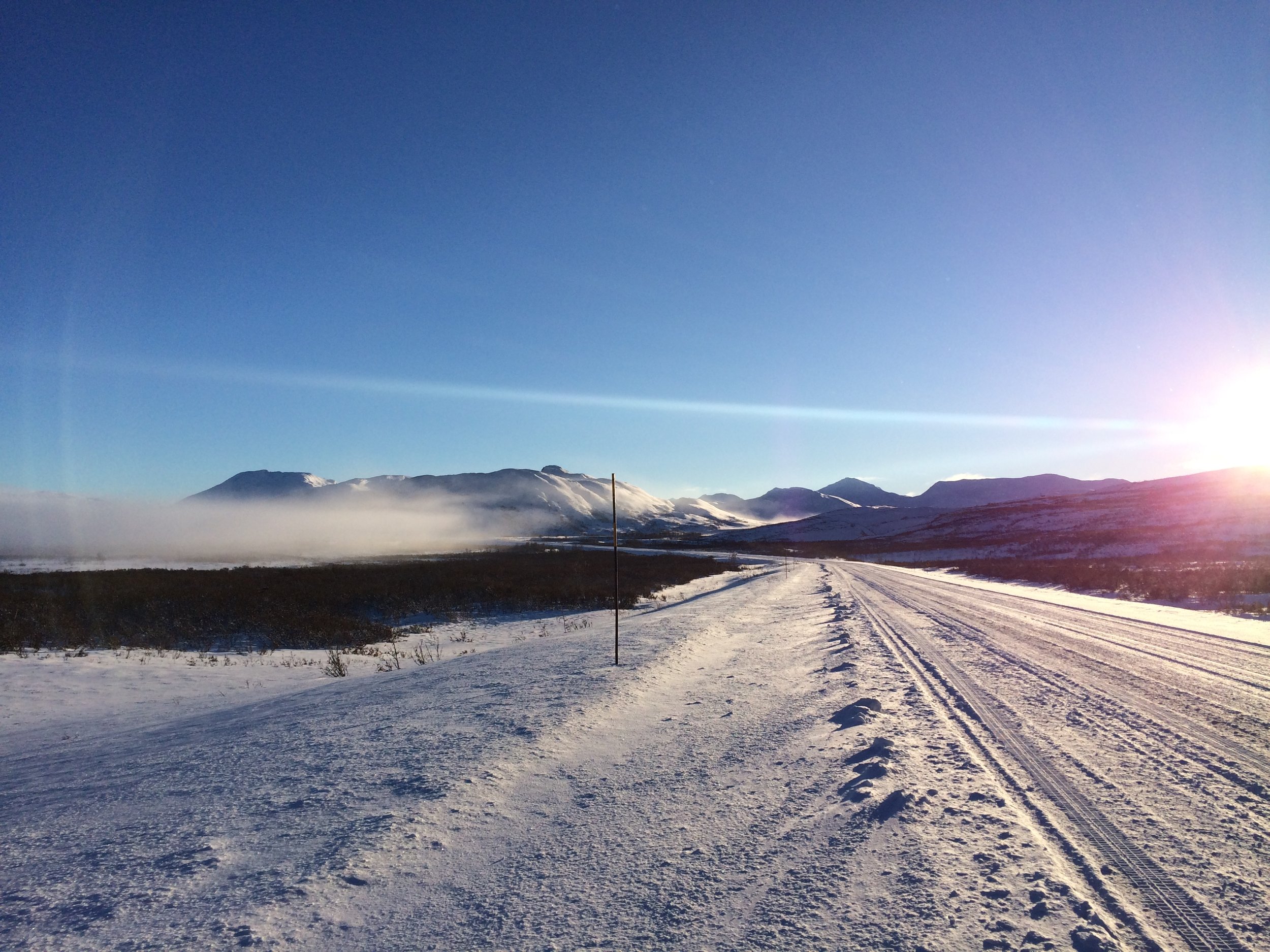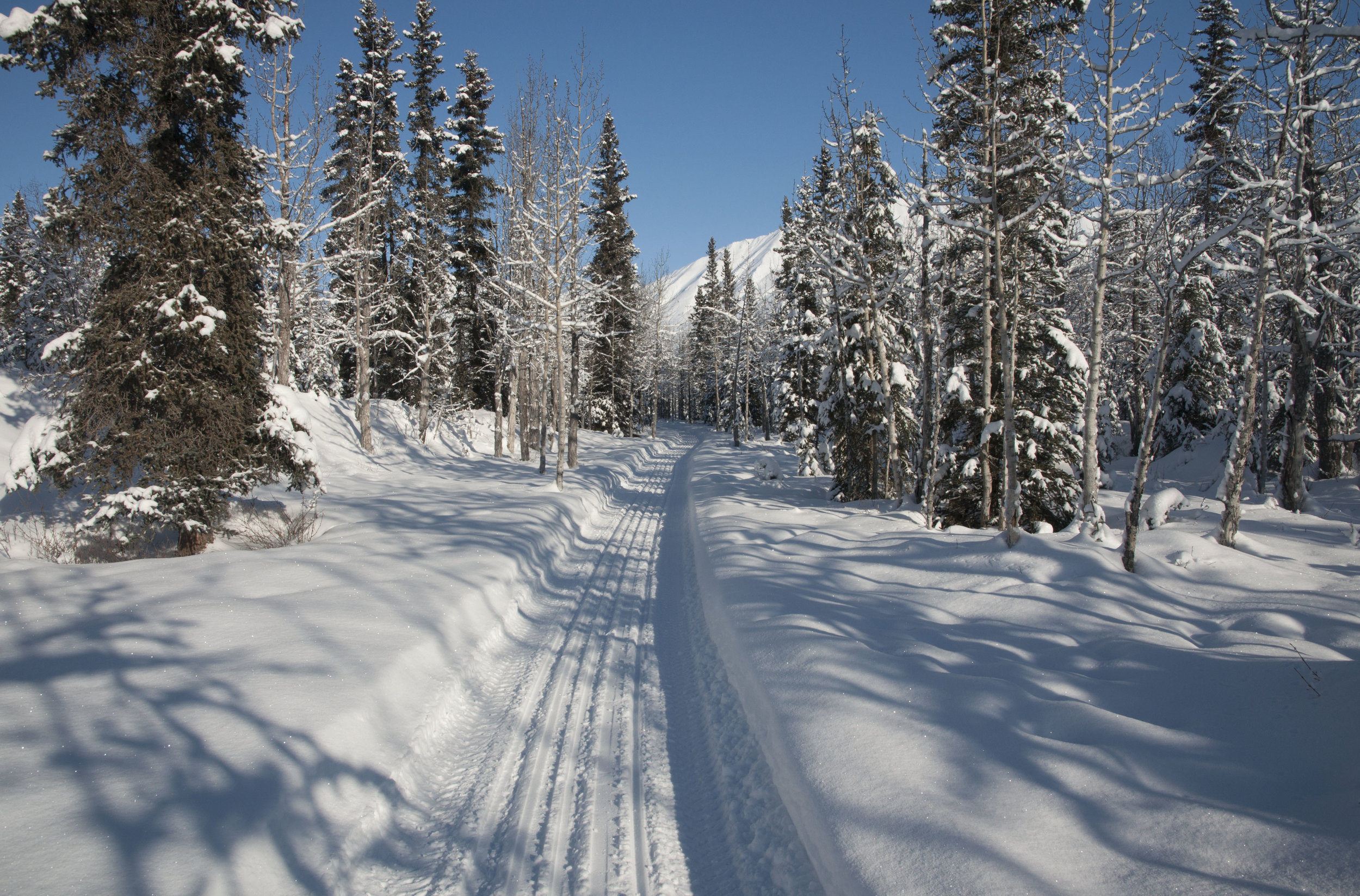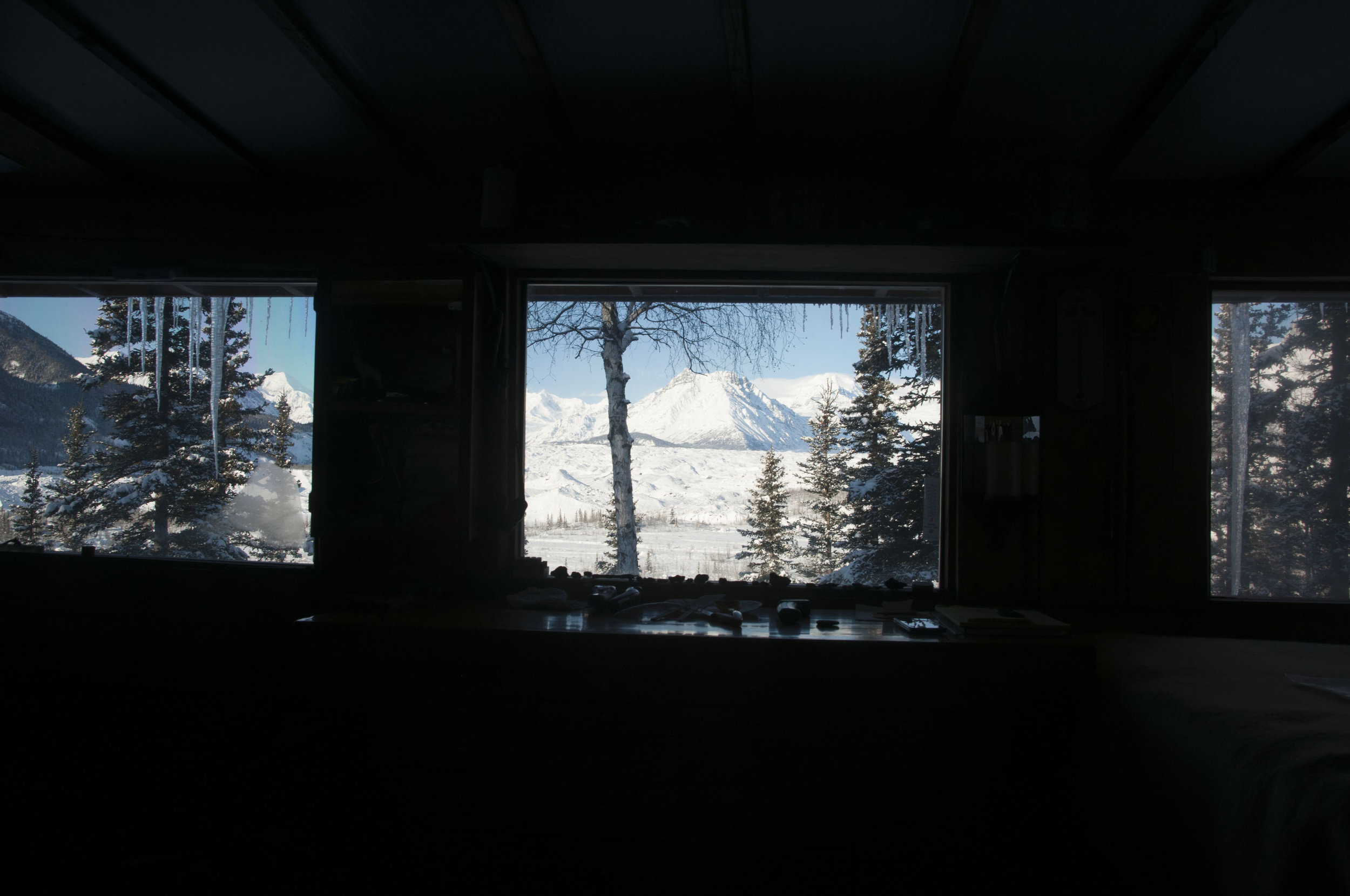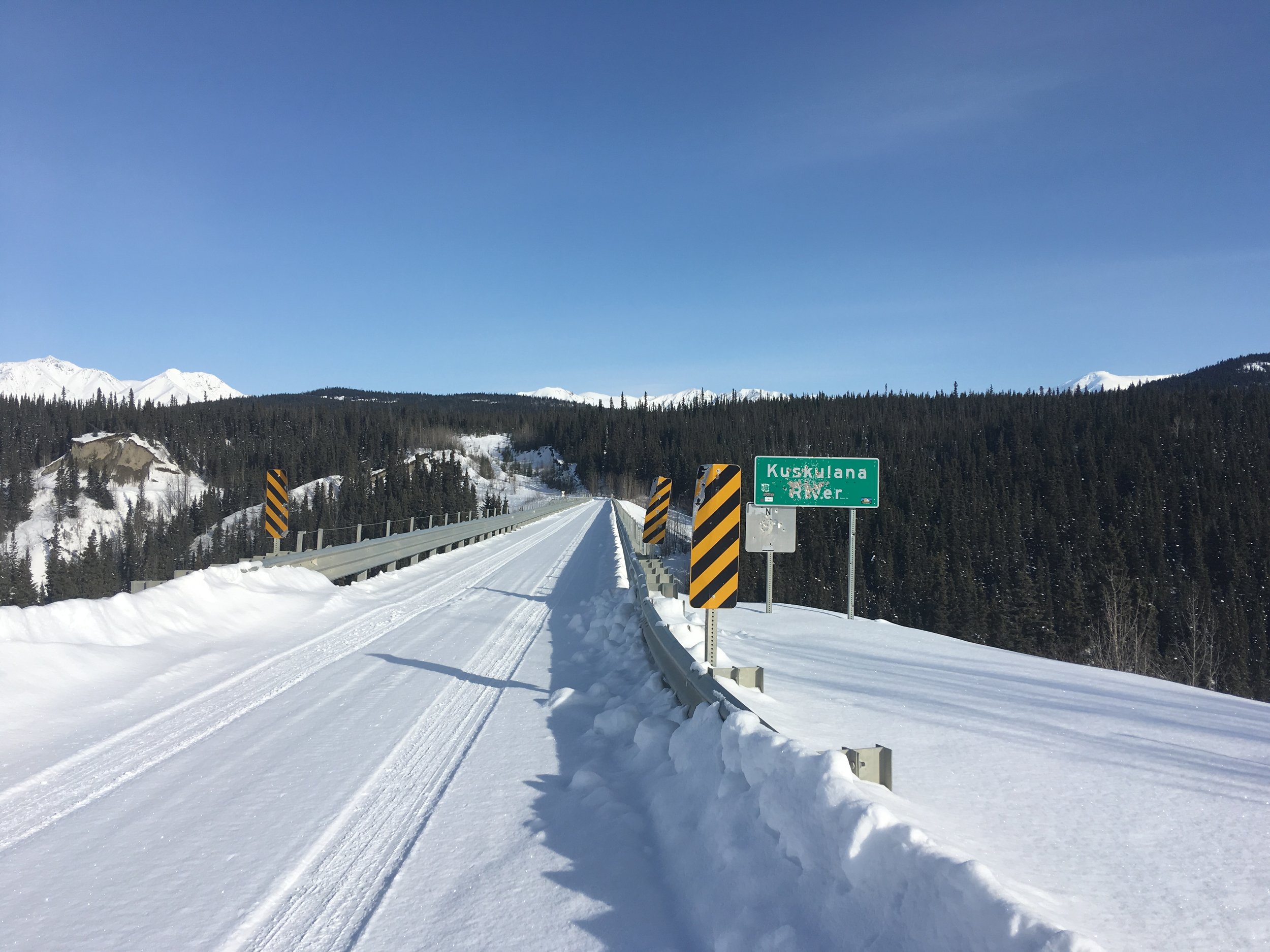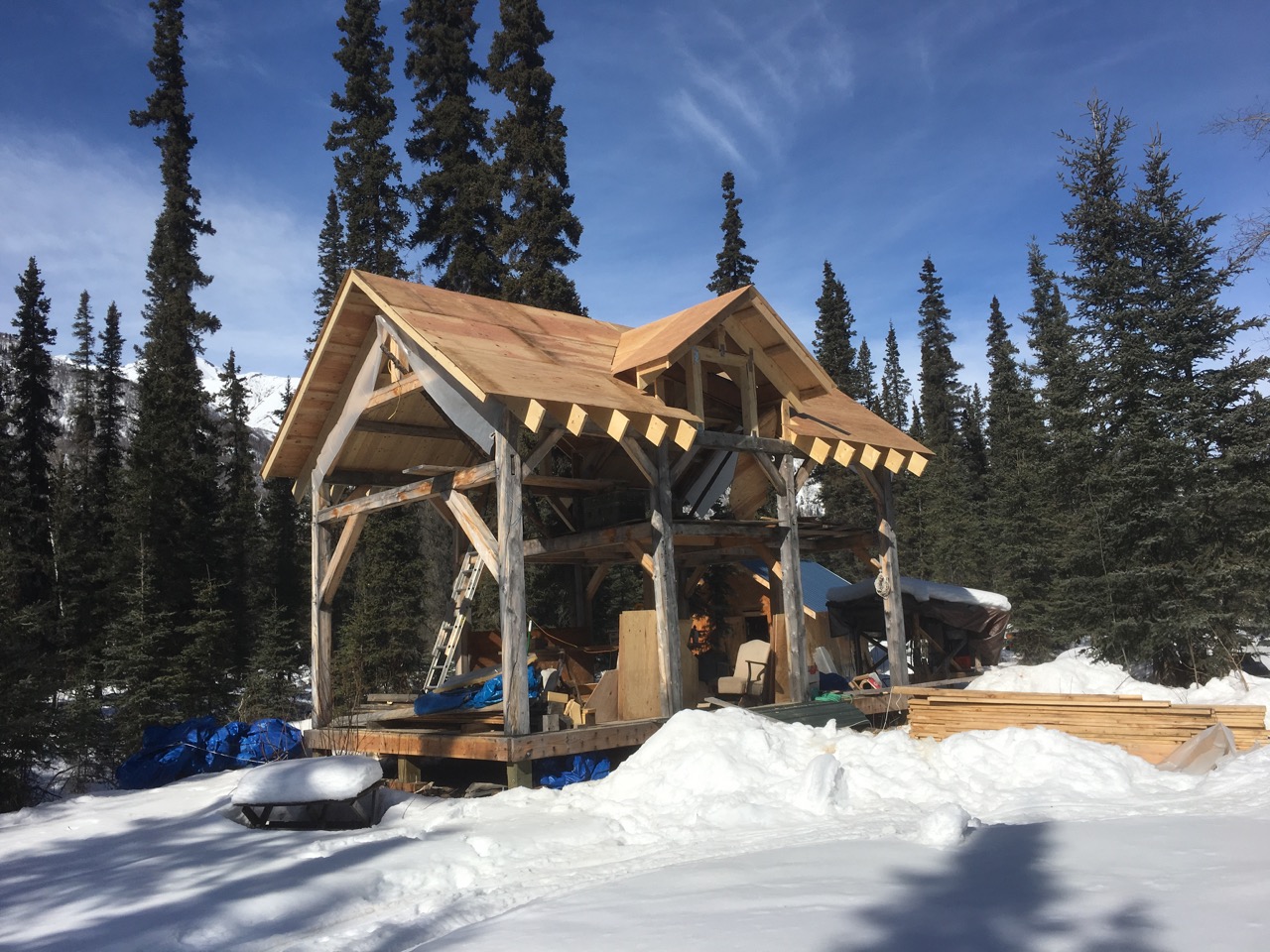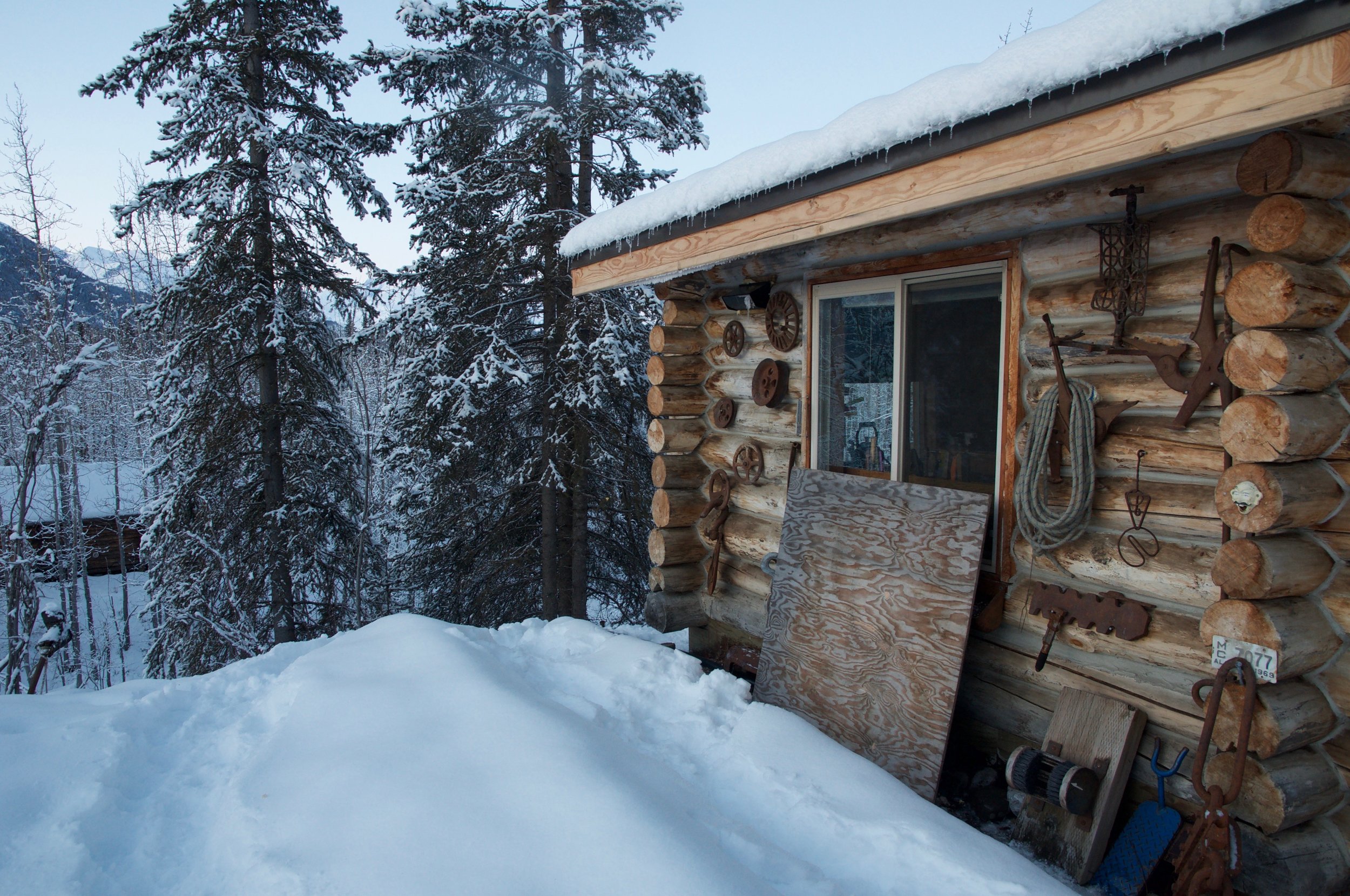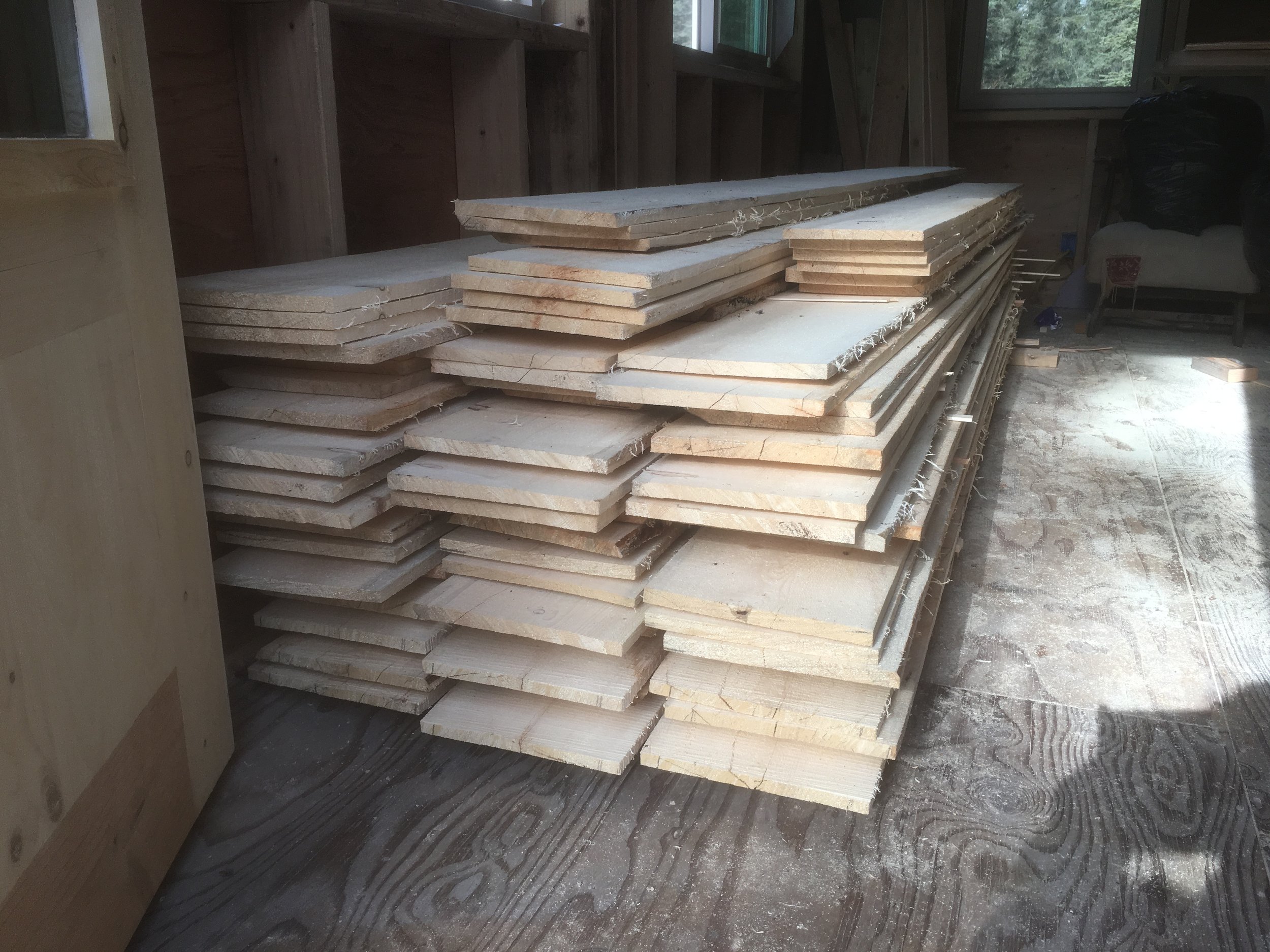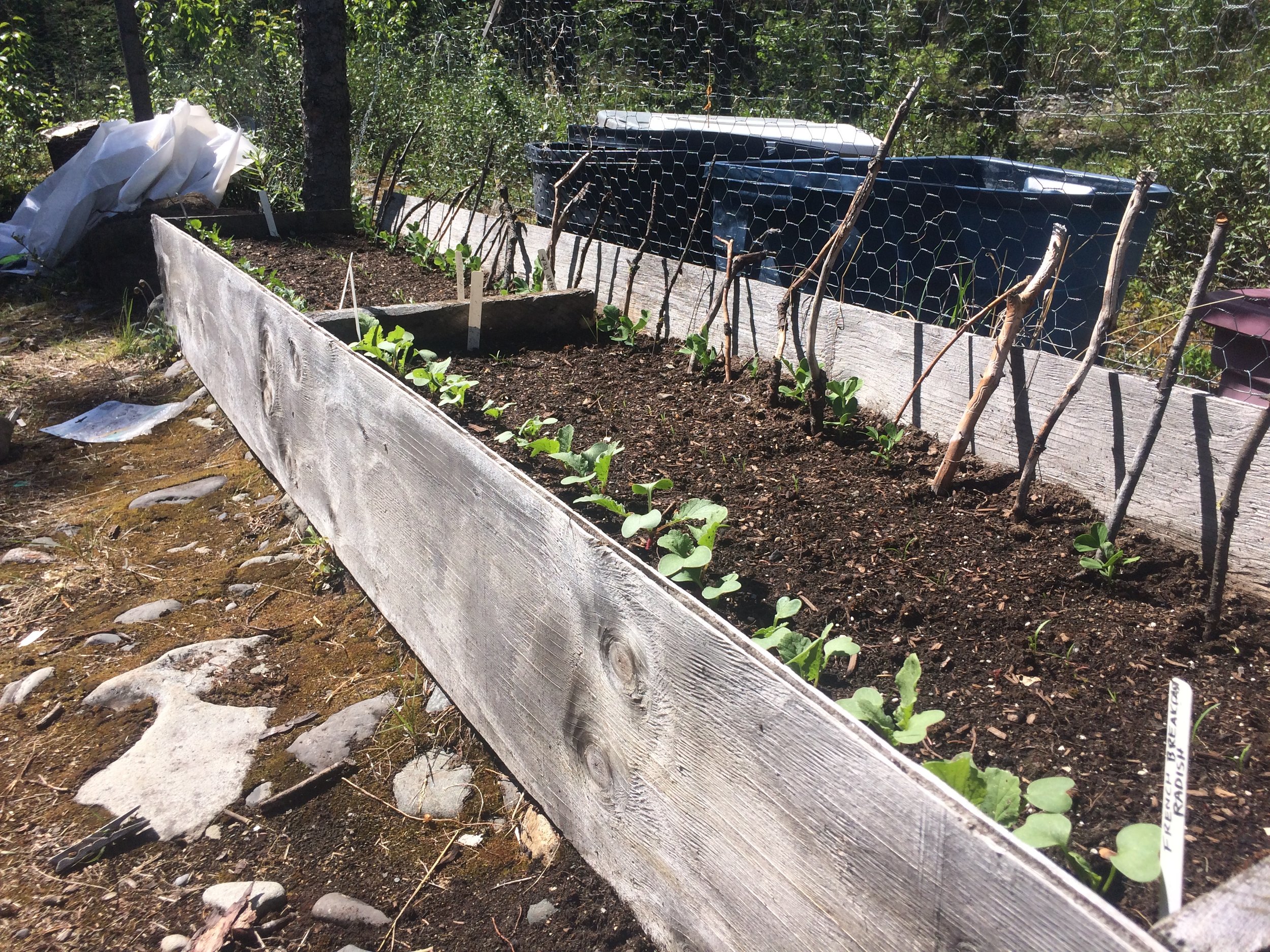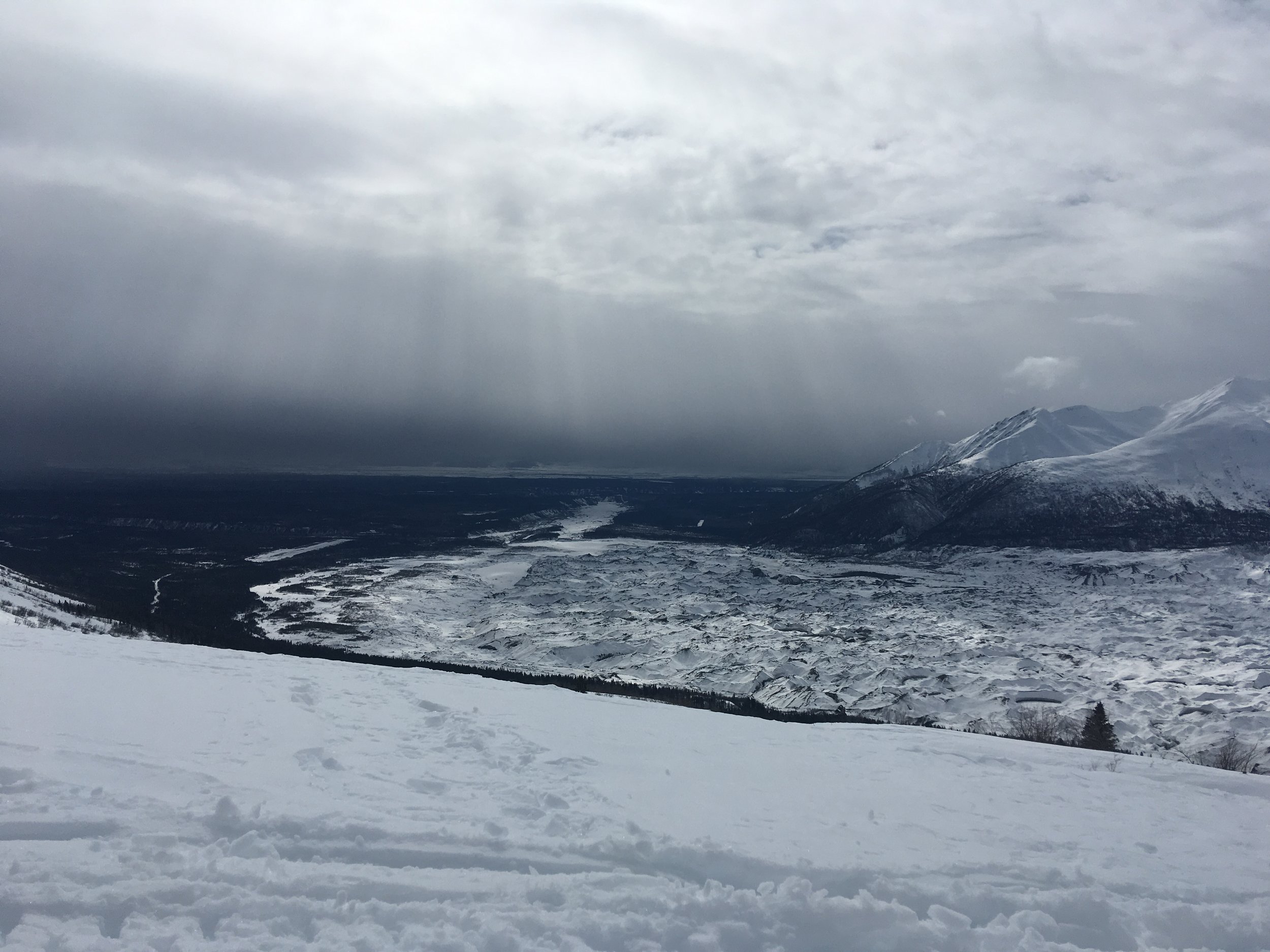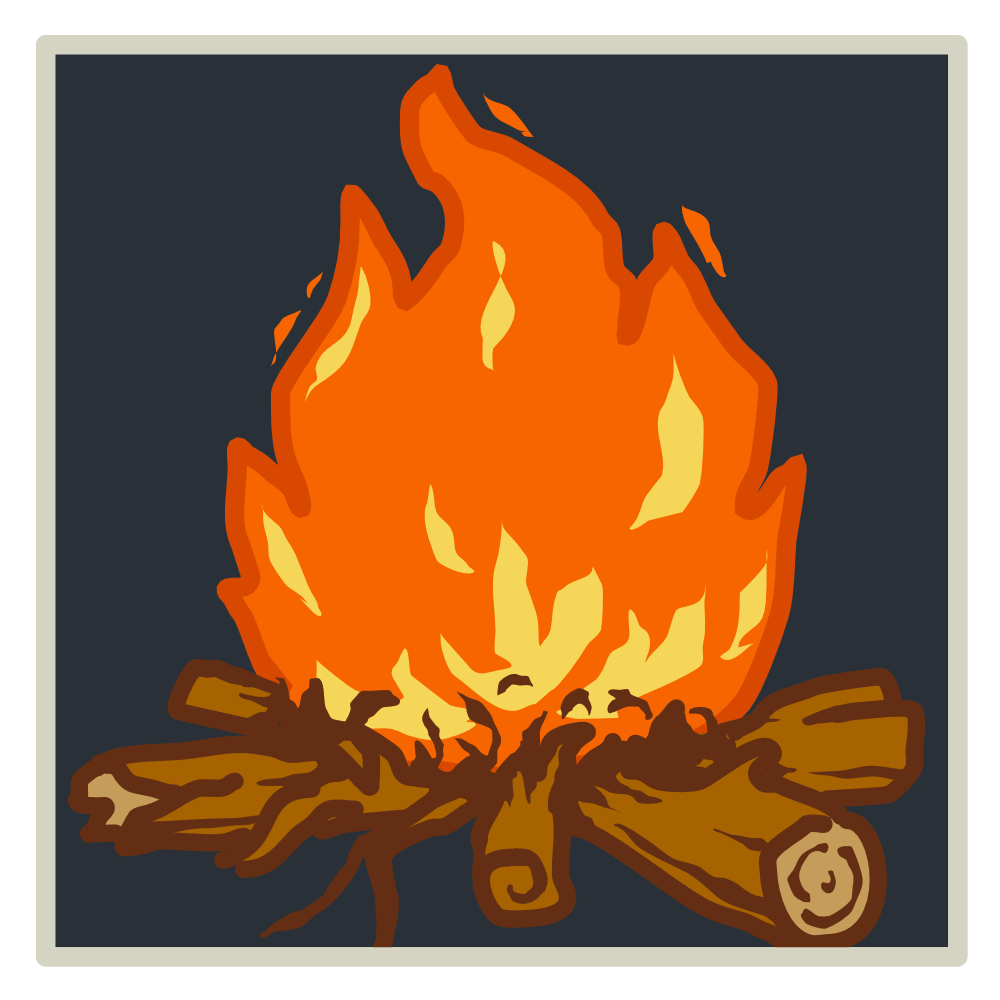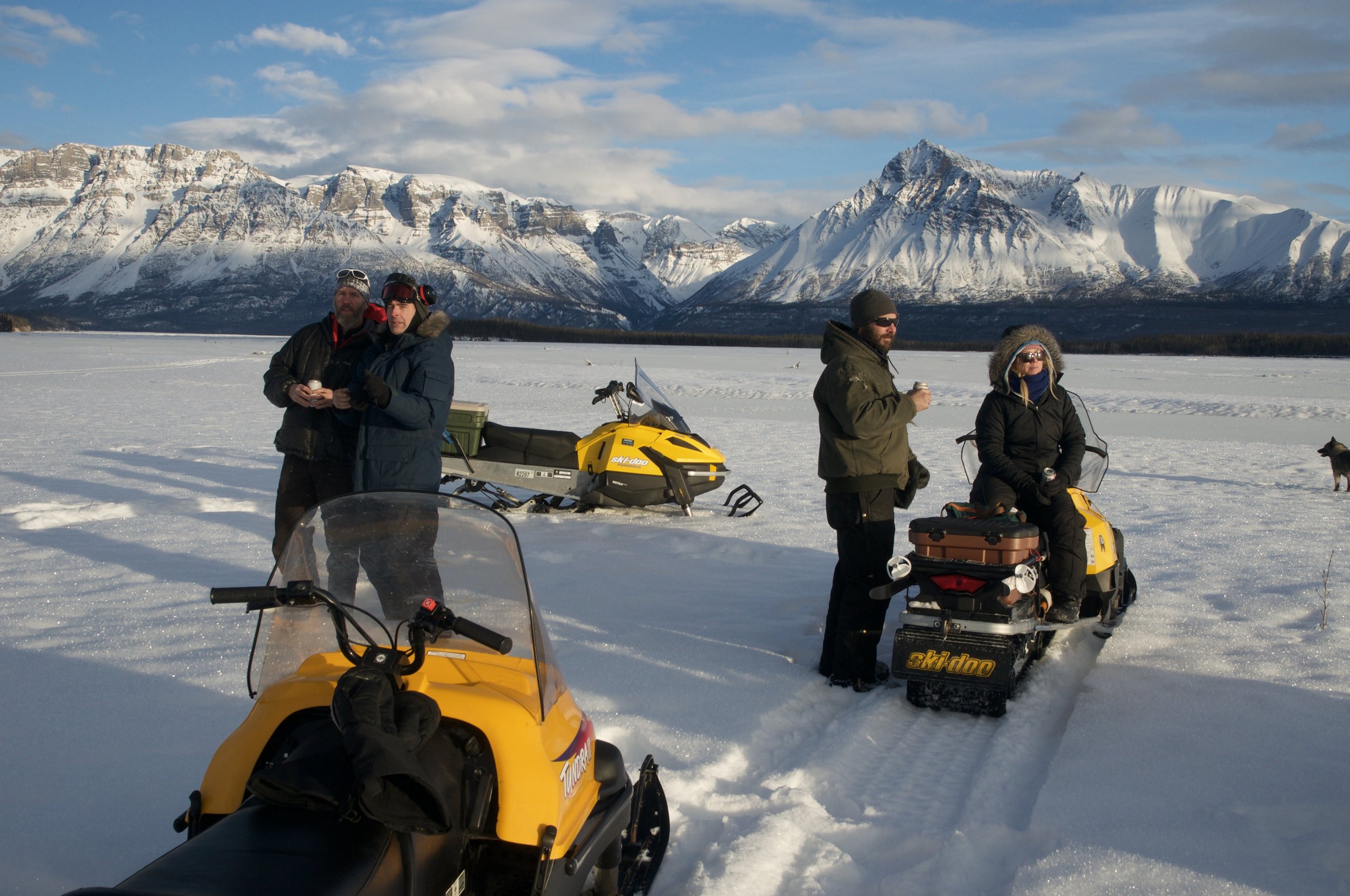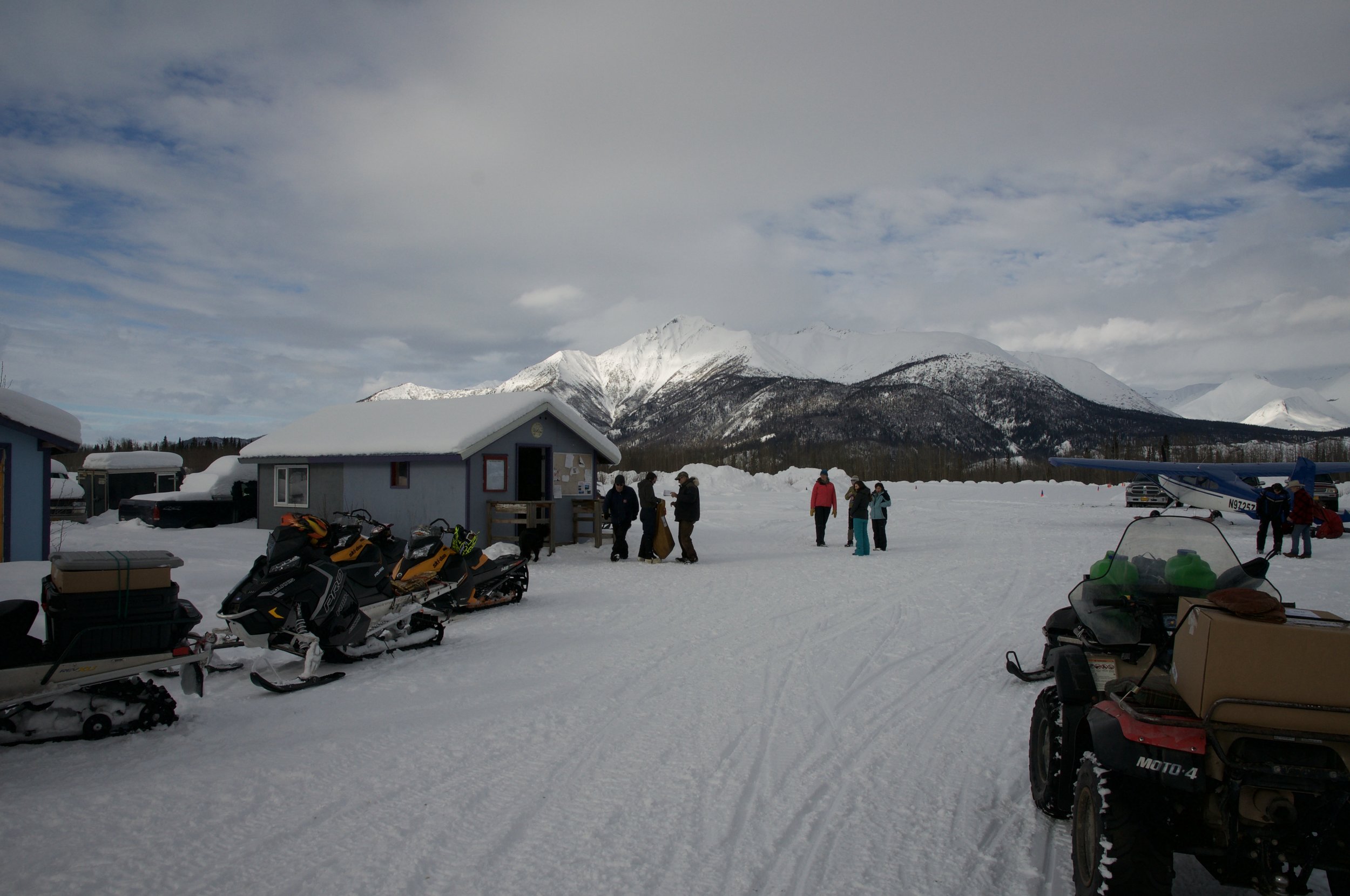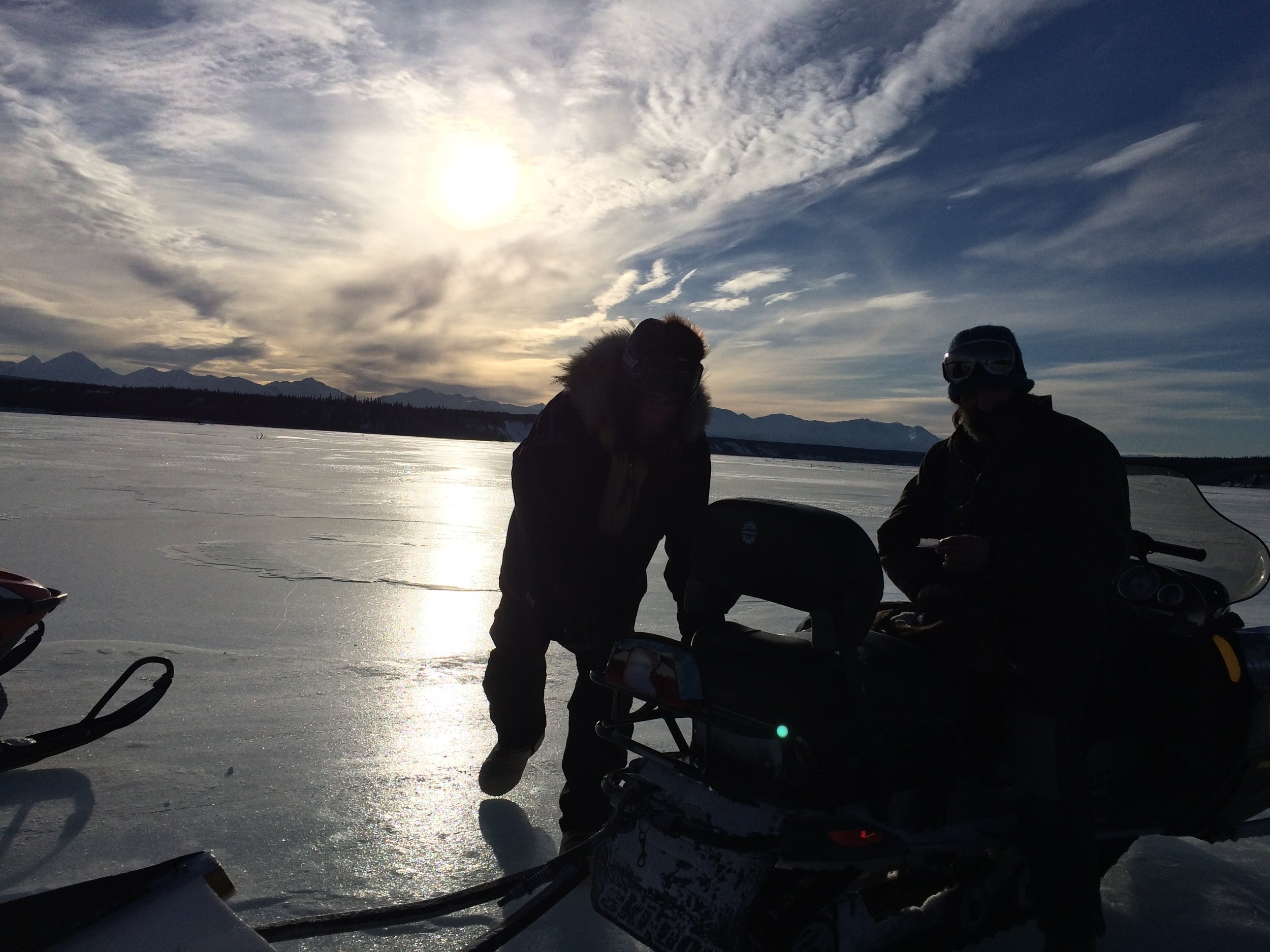SEASON I: INTRODUCTION
“It’s a good place to become who you’re trying to be instead of being who the world is trying to turn you, is trying to make you.”
EPISODE NOTES
Out Here tells the stories of people who've dared to live life differently.
Focused on the end-of-the-road community of McCarthy, Alaska, it explores off-the-grid living, raising children in the wilderness, bucking the 9-to-5 and living off the land. It's easy to romanticize, but what's it really like living at the end of a 60-mile dirt road in Alaska surrounded by the country's largest national park?
Here you'll find grizzly bears, a rugged landscape, a community of individuals, self-reliance and self-governance. Here you'll learn about the boundaries of freedom and what happens when a community of transplants tries to make a go of it living in the woods. You'll hear stories of tragedy, triumph and a whole lot of floundering. And you'll hear about my own journey to make a life out here.
The podcast comes from my own experiences and those of 18 residents of the McCarthy area. You can learn more about the project and about me here.
Music from Galen Huckins and Blue Dot Sessions / Slate Tracker, Ultima Thule, The Kennicott, ZigZag Heart / Episode artwork from Ian Gyori / Financial assistance from the Duffy Fund and the University of Missouri / Guidance and support from Scott Swafford, Sara Shahriari and Dr. Cristina Mislan / Featured in this episode: Tony Tengs, Ali Towers, Martin Morrison, Greg Fensterman, Stephens Harper, Tamara Harper and John Adams

